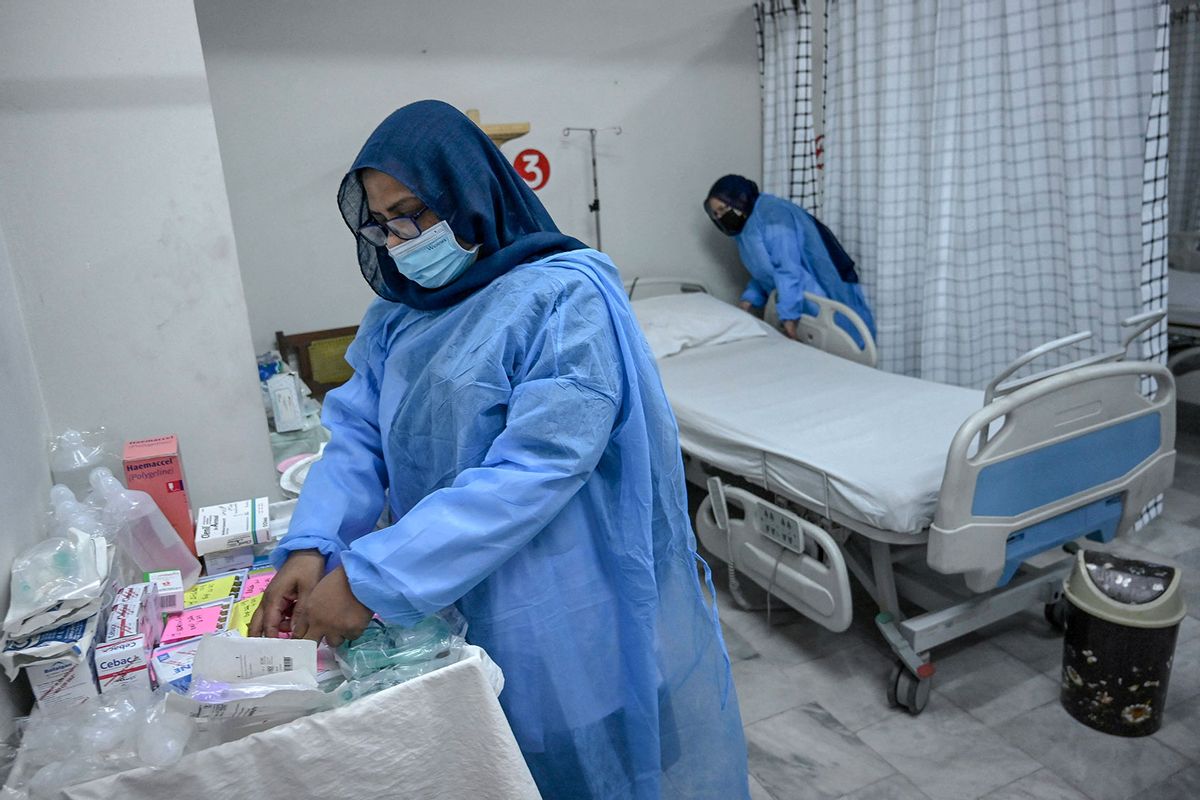Earlier this week, a World Health Organization (WHO) official stressed that the mpox virus is not the new COVID-19, because we know how to handle its spread, but the current outbreak is steadily growing, alarming health experts. It involves two different versions of the mpox virus: one that caused a global outbreak in 2022-2023 and a new, mutated and potentially more deadly strain.
So far, most of the cases of the deadlier strain, known as clade Ib, have been on the African content, especially in the Democratic Republic of Congo. On Thursday, Thailand became the second country outside Africa to report a clade 1b case, following Sweden last week. According to BBC, the infected 66-year-old European man had residency in Thailand and arrived in Bangkok from an unnamed African country on 14 August.
The WHO declared a public health emergency of international concern on August 14. At least 14 African countries have reported cases, with over 1,000 in a week in Congo, prompting African health authorities to plead for vaccines. (The smallpox vaccine works against mpox, as the viruses are related.)
Other recently detected cases around the world — in Spain, Taiwan, Pakistan and the Philippines — turned out to be clade II. Although both versions of the disease result in flu-like symptoms and pus-filled lesions, the Ib strain is generally considered to be much deadlier, killing 1 in 10 people in some outbreaks. On the other hand, Clade II has a survival rate greater than 99.9%.
Nonetheless, the current outbreak of both strains continues to expand. Speaking with Salon earlier this month about the outbreak, officials from the World Health Organization (WHO) explained they are concerned but are taking proactive measures.
“Spread to other countries and areas is also likely and remains very concerning,” the WHO said. “There remains a risk of wider outbreaks, and WHO is working with countries in the region to step up preparedness, strengthen surveillance and cross-border collaboration.”
A spokesperson for the U.S. Centers for Disease Control and Prevention (CDC) said the public health agency “is closely monitoring the situation” in the United States.
“Given how widespread the clade I outbreak is in Central and Eastern Africa, a case diagnosed in an occasional traveler is not unexpected,” Dave Daigle said in a statement. “Rapid detection and containment of any mpox case are key to stopping mpox spread.”



Shares